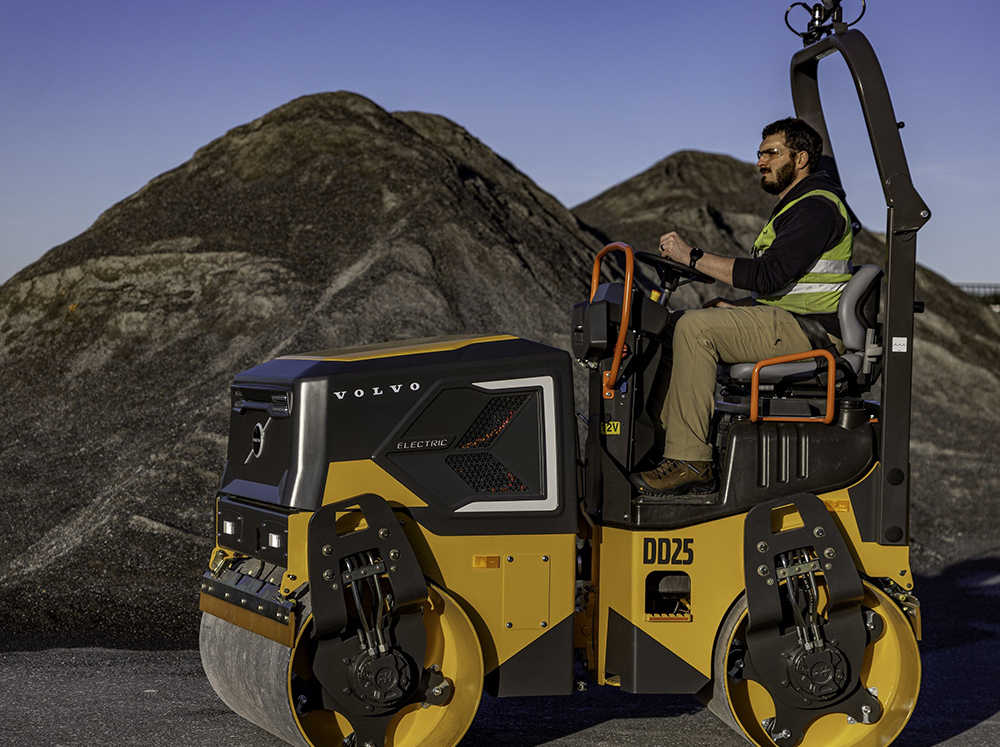
Volvo Group says has created a “business area” to offer its clients battery life-cycle options including disposal and repurposing, as well as develop charging infrastructure.
“Volvo Energy will be a business area with full profit and loss responsibility,” according to a Volvo statement. “It will have both an internal role, providing batteries and charging solutions to the Volvo Group’s other business areas and an external role, offering used, remanufactured and refurbished batteries to customers for use across different applications.”
Volvo Energy will also carry the group’s responsibility for hydrogen infrastructure solutions for fuel cell electric vehicles and be collaborations with other companies to do so.
“There is a great and growing interest for electric vehicles and machines among our customers,” said Martin Lundstedt, chief executive of Volvo Group, the parent company of Volvo Construction Equipment.
“Our ambition is to offer our customers the most competitive solutions when it comes to electrification, including batteries and charging infrastructure. With Volvo Energy, we are taking a holistic view of the entire life-cycle, which benefits both our customers’ business and society as a whole.”
The company said that it will increase the pace of its roll out of electric vehicles and related services which will include the introduction of heavy-duty trucks for regional transport or construction later this year.
Joachim Rosenberg, chairman of Volvo Group’s UD Trucks division, will head Volvo Energy from this month. He will continue to run UD Trucks and prepare the transfer of UD Trucks ownership to Isuzu Motors.
UD Trucks was set up in 1935 in Japan as Nihon Diesel Industries, later taking the name UD Trucks after its product uniflow scavenging diesel engine. It became a 100 per cent Volvo division in 2017.
UD Trucks will eventually be transferred to Isuzu Motors as indicated in a December 2019 partnership agreement between Volvo Group and Isuzu Motors. Intended cooperation will be in the areas of autonomous driving, connectivity and medium- and heavy-duty electric vehicles.
Meanwhile, Norwegian contractors K. Baugerød Anlegg and Veidekke recently received their Volvo ECR25 electric compact excavator and Volvo L25 electric compact wheel loader from Volvo Construction Equipment. The companies were the first to place orders for the machines and did so at bauma 2019 in Munich, Germany.












